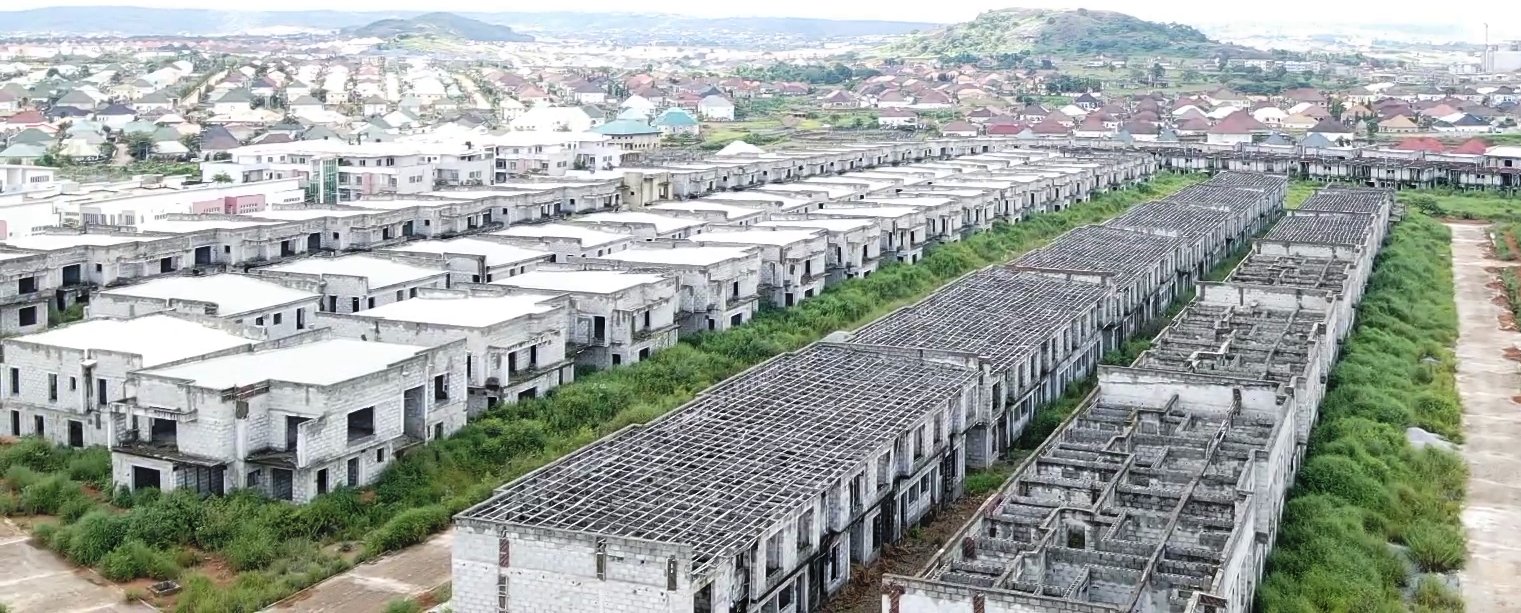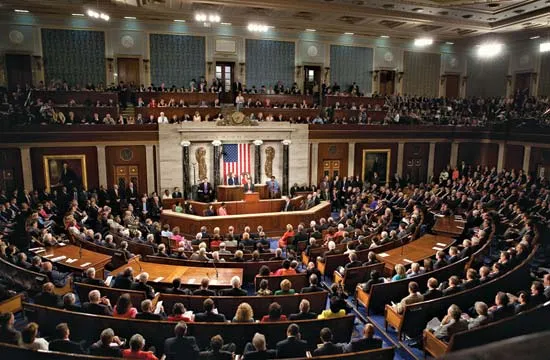
EFCC Names Emefiele, Associates as Owners of Forfieted 753-Duplex Estate

The Economic and Financial Crimes Commission (EFCC) has linked the immediate-past Governor of the Central Bank of Nigeria (CBN), Godwin Emefiele, to the acquisition of a massive estate in Abuja comprising 753 duplexes and other apartments, purchased with proceeds of corruption.
Court documents filed by the EFCC and obtained on Tuesday detailed the use of kickbacks from foreign exchange allocations and contractor deals to finance the property, spanning 150,500 square meters in Plot 109, Cadastral Zone C09, Lokogoma District, Abuja.
The estate is described as the anti-graft agency’s largest single property recovery since its inception in 2003.
The property, valued at N2.2 billion, was reportedly purchased through three companies linked to Emefiele, which paid N900 million, N700 million, and N600 million respectively.
The EFCC disclosed that its investigation uncovered these payments as proceeds of unlawful activities, including kickbacks from contractors and illicit foreign exchange deals.
Justice Jude Onwuegbuzie of the Federal Capital Territory (FCT) High Court, Apo, granted an order for the permanent forfeiture of the property to the Federal Government on December 2, 2024, after no individual challenged the interim forfeiture order issued on November 1, 2024.
According to the EFCC, the estate was initially intended for mass housing development but has remained deserted since Emefiele’s arrest in June 2023. The property was traced with the assistance of the Abuja Geographical Information Systems.
Emefiele, currently facing prosecution in three separate cases, is accused of forgery, procurement fraud, and illicit financial dealings amounting to $4.5 billion and N2.8 billion, among other charges.
The EFCC also implicated one Ifeanyi Omeke, a close associate of Emefiele, in purchasing and managing documents for several properties acquired through the alleged fraudulent schemes.
This exposure came after some Nigerians questioned EFCC’s initial concealment of the property’s ownership.
However, the agency defended its actions, stating that the forfeiture proceedings were conducted in line with civil procedures targeting unclaimed properties rather than individuals.
The EFCC stressed that the funds used for the estate’s purchase could not be traced to legitimate earnings, urging the court to permanently forfeit the property to the Federal Government.
Read Moe:
- South Koreans Demand President’s Resignation for Martial Law Declaration
- Nigerian Immigration Officers Shun Directives, Vow to Embark on Strike Over Unpaid Arrears
About The Author
Related Articles
US Security Narrative Shifts from Terrorism to Mining in Nigeria
A new bill introduced in the United States Congress is drawing attention...
ByWest Africa WeeklyFebruary 12, 2026Galatasaray Ready to Sell Osimhen if Barcelona Meet €80m Valuation
Victor Osimhen could be on the move again as Spanish giants Barcelona...
ByWest Africa WeeklyFebruary 12, 2026Senegal Unveils $100m Onshore Oil and Gas Plan After Revoking Idle Licenses
Senegal is moving ahead with a new $100 million onshore oil and...
ByWest Africa WeeklyFebruary 12, 2026Ghana’s Cocoa Crown Under Threat as Nigeria, Ecuador and Indonesia Close In
Ghana’s position in the global cocoa industry is facing mounting pressure as...
ByWest Africa WeeklyFebruary 12, 2026












Leave a comment